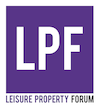 Guest Blog for The Leisure Property Forum
Guest Blog for The Leisure Property Forum
by Peter Gamble, Partner – Holder Mathias Architects
If leisure is defined as “use of free time for enjoyment” (Oxford English Dictionary), then leisure property could be described as “the use of property for enjoyment”. Leisure property is a very broad category; from wide open spaces, through theatres of sport and culture, to the urban real estate that tends to be the Leisure Property Forum’s focus.
It seems to us, as Architects to the leisure sector, that leisure property is a growing market. On the one hand there has been an accelerating move towards regular short breaks in the UK, and on the other, regeneration of our town centres is increasingly driven by the leisure experiences that they can offer. Both these trends require leisure property solutions.
Given that, “The Leisure Property Forum (the LPF) is the only forum which focuses exclusively on the wider leisure industry” this article is a reflection on those areas of leisure property beyond the real estate which services the daily lives of an urban population.
Leisure property – the short break market
The short break market is seeing both the evolution of existing models as well the development of new variations and solutions. Market leaders like Center Parcs have consolidated their position by expanding and evolving, while new formats have emerged at the other end of the spectrum like Forest Holidays. There are exciting possibilities ahead around ideas for specialist, activity-based breaks taking advantage of the wonderful potential of the Britain’s rural and coastal heritage.
[su_row][su_column size=”1/2″]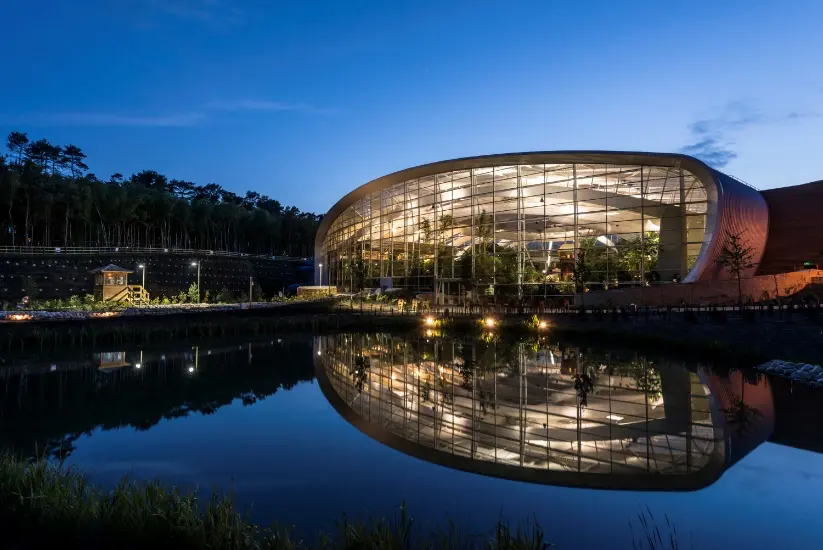 [/su_column][su_column size=”1/2″]
[/su_column][su_column size=”1/2″]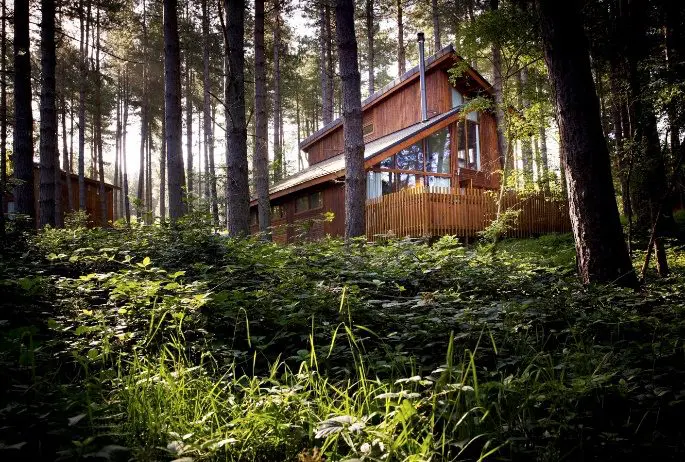 [/su_column]
[/su_column]
Images: Center Parcs Woburn Forest (left) and Forest Holidays (right)[/su_row]
Urban accomodation and budget hotels
Urban accommodation is evolving too. The established budget hotels are developing refreshing formats, bringing life to our town centres, servicing business in the week and short break guests at weekends. Despite the impact of their covenants on the market, other new, independent hotel concepts are emerging to enrich the choice available.
[su_row][su_column size=”1/2″]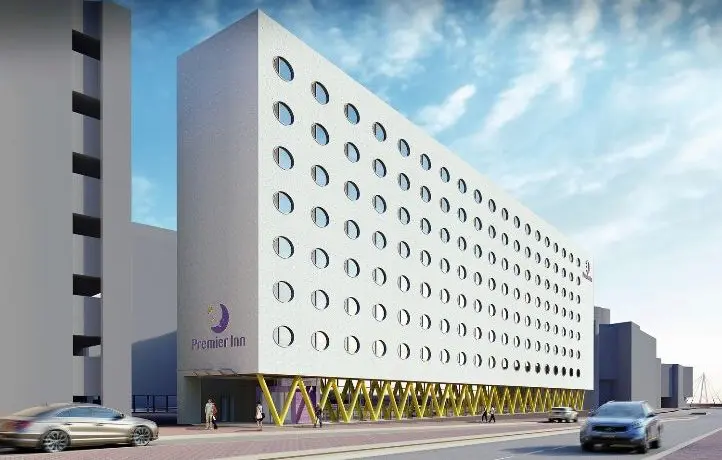 [/su_column][su_column size=”1/2″]
[/su_column][su_column size=”1/2″]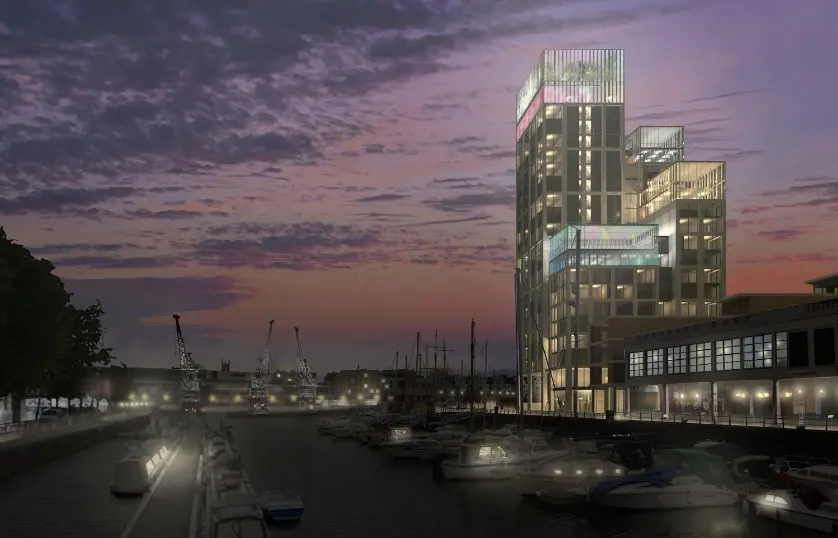 [/su_column]
[/su_column]
Images: Premier Inn Cardiff Bay (left) and Steel Hotels (right)[/su_row]
We choose to go to places that offer opportunities for the enjoyment of our free time; for sport, health & fitness, the arts, heritage, ecology and environment, even certain types of retailing, as well as, of course, relaxation. These places and activities all have property needs themselves and generate secondary, supporting leisure property requirements. Leisure property encompasses both the attractions and the support structure built up around them; both of which are economic drivers and essential elements of regeneration.
[su_row][su_column size=”1/2″]
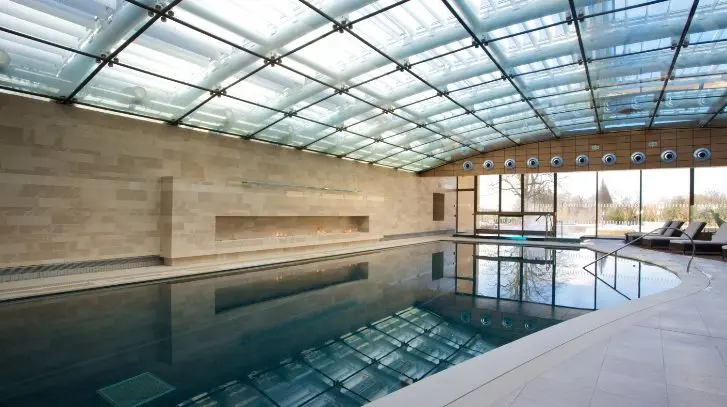 [/su_column]
[/su_column]
Images: Millennium Stadium (left) and Lucknam Park Spa (right)[/su_row]
It’s all leisure property … reminding us what a wide ranging, inspiring and growing sector we work within.
Our thanks for this month’s guest blog goes to Peter Gamble of Holder Mathias Architects, one of our joint sponsors for the 2019 Leisure Property Forum Annual Dinner
The Leisure Property Forum welcomes feedback from our members on aspects of leisure that you would like to see in our member education programme. Email us at info@leisurepropertyforum.co.uk
Keep up to date with the Leisure Property Forum Events Programme
